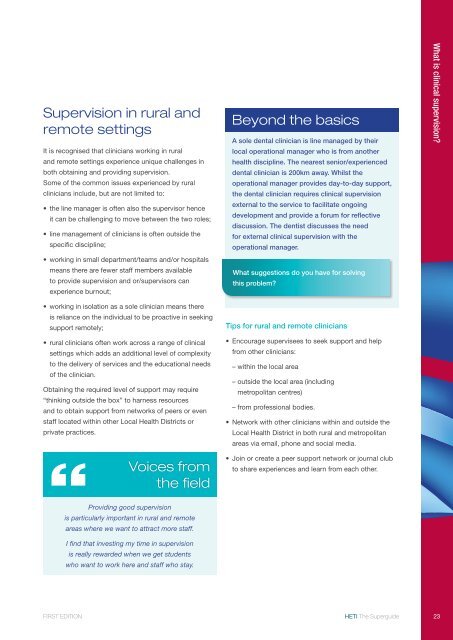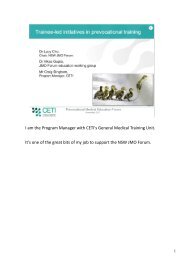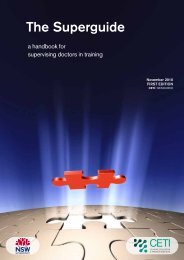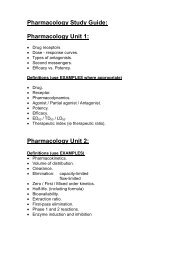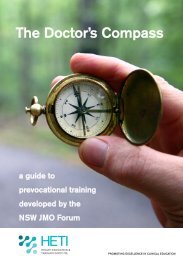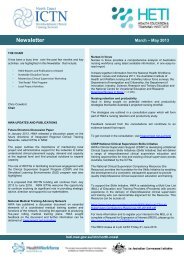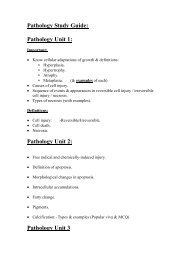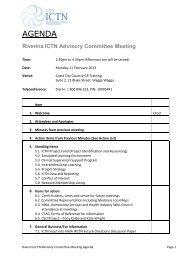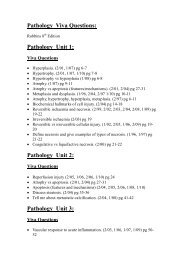Open - HETI - NSW Government
Open - HETI - NSW Government
Open - HETI - NSW Government
- No tags were found...
You also want an ePaper? Increase the reach of your titles
YUMPU automatically turns print PDFs into web optimized ePapers that Google loves.
Supervision in rural andremote settingsIt is recognised that clinicians working in ruraland remote settings experience unique challenges inboth obtaining and providing supervision.Some of the common issues experienced by ruralclinicians include, but are not limited to:• the line manager is often also the supervisor henceit can be challenging to move between the two roles;• line management of clinicians is often outside thespecific discipline;• working in small department/teams and/or hospitalsmeans there are fewer staff members availableto provide supervision and or/supervisors canexperience burnout;Beyond the basicsA sole dental clinician is line managed by theirlocal operational manager who is from anotherhealth discipline. The nearest senior/experienceddental clinician is 200km away. Whilst theoperational manager provides day-to-day support,the dental clinician requires clinical supervisionexternal to the service to facilitate ongoingdevelopment and provide a forum for reflectivediscussion. The dentist discusses the needfor external clinical supervision with theoperational manager.What suggestions do you have for solvingthis problem?What is clinical supervision?• working in isolation as a sole clinician means thereis reliance on the individual to be proactive in seekingsupport remotely;• rural clinicians often work across a range of clinicalsettings which adds an additional level of complexityto the delivery of services and the educational needsof the clinician.Obtaining the required level of support may require“thinking outside the box” to harness resourcesand to obtain support from networks of peers or evenstaff located within other Local Health Districts orprivate practices.Voices fromthe fieldTips for rural and remote clinicians• Encourage supervisees to seek support and helpfrom other clinicians:– within the local area– outside the local area (includingmetropolitan centres)– from professional bodies.• Network with other clinicians within and outside theLocal Health District in both rural and metropolitanareas via email, phone and social media.• Join or create a peer support network or journal clubto share experiences and learn from each other.Providing good supervisionis particularly important in rural and remoteareas where we want to attract more staff.I find that investing my time in supervisionis really rewarded when we get studentswho want to work here and staff who stay.FIRST EDITION<strong>HETI</strong> The Superguide23


